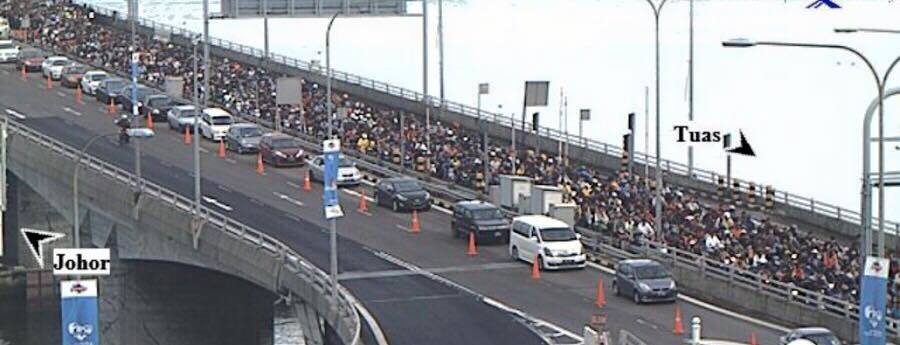
by Rahim Said
Recent findings reported by a foreign tv station on Feb 20 revealed that a significant portion of Malaysians living and working in Singapore earn moderate to high salaries should serve as a timely wake-up call.
The issue of “brain drain” has long plagued the nation, and urgent action is needed to reverse this trend and harness the potential of its skilled workforce.
The study’s results paint a stark picture: two-thirds of Malaysians in Singapore earn between S$1,500 and S$3,599, with some earning as much as S$18,000 per month.
This indicates that Malaysia is not just losing talent but also potential economic contributors. The reasons for this drain are clear: better job prospects, favourable working conditions, attractive salaries, and advantageous exchange rates abroad.
To address this, our local authorities should consider several key actions. First, it’s crucial to create an environment that encourages Malaysians to return home after gaining valuable work experience abroad. This could include offering incentives such as tax breaks, access to affordable housing, and support for entrepreneurship.
Second, there needs to be a focus on improving job prospects and working conditions within Malaysia. This could involve investing in industries that are attractive to skilled workers, such as technology, healthcare, and green energy, and ensuring that these industries offer competitive salaries and benefits.
Third, the authorities should work to strengthen ties with countries like Singapore and Brunei to create opportunities for Malaysians to work abroad while maintaining strong links to their homeland. This could involve negotiating agreements that allow for easier movement of workers between countries and promoting collaboration between businesses in Malaysia and abroad.
The latest move by KTM to lower ticket prices for commuters between Johor and Singapore is a step in the right direction.
In conclusion, Malaysia’s brain drain is a complex issue that requires a multifaceted approach. By creating a supportive environment for skilled workers, improving job prospects at home, and fostering international collaboration, the authorities can work towards reversing this trend and ensuring a bright future for Malaysia.
Dr. Rahim Said is a human behaviourist and regular contributor on digital media platforms. He is a professional management consultant, a corporate trainer and an executive coach specialising in coaching of senior executives and individual entrepreneurs with the purpose of modifying their behaviour in the pursuit of their cherished missions. (The views expressed by our columnist are entirely his own)
WE